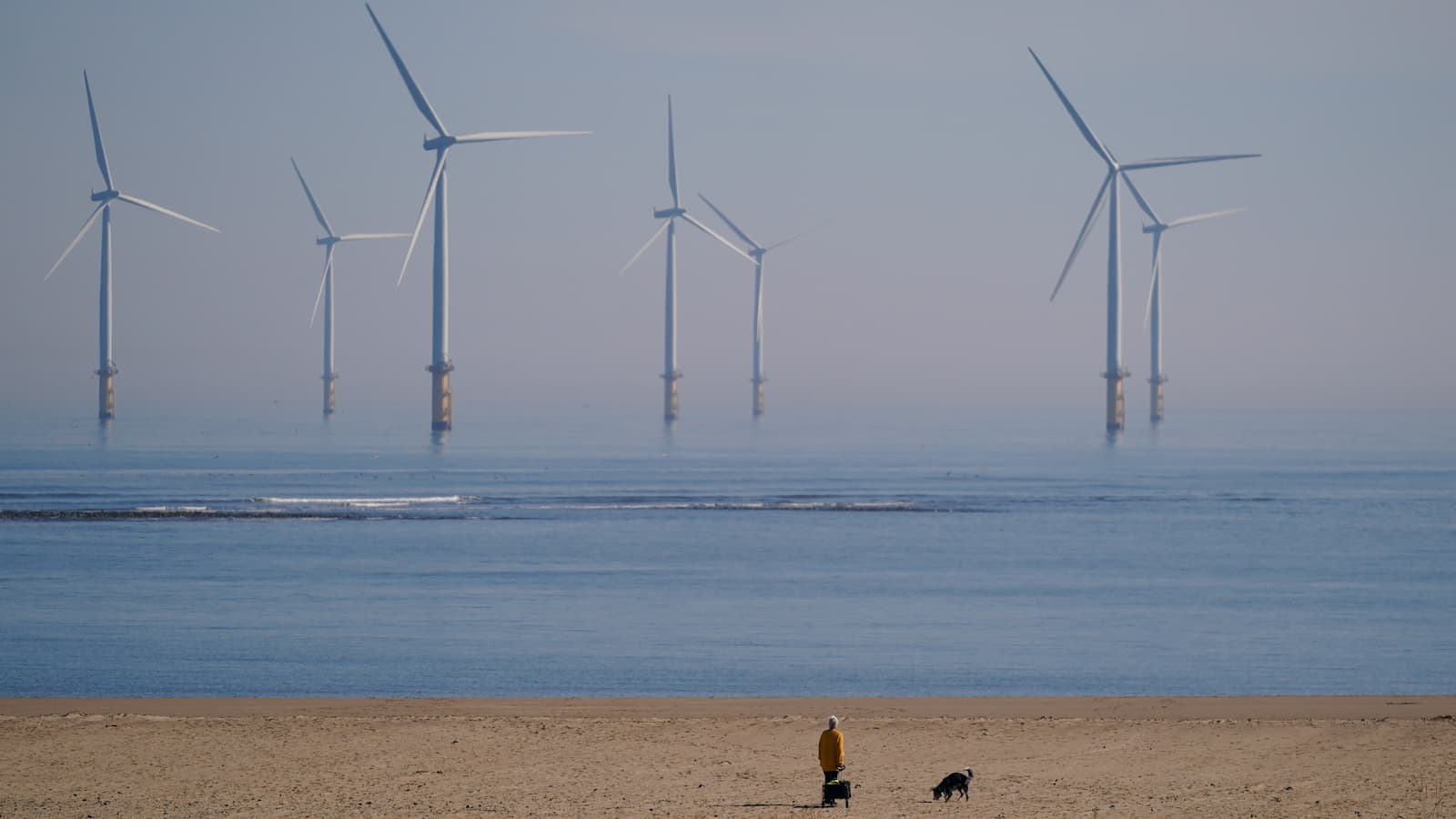Britain’s largest electricity supplier, Octopus Energy, has signed a deal with Chinese wind turbine maker Ming Yang Smart Energy, potentially bringing Chinese-built turbines to the UK for the first time.
The partnership aims to expand wind power capacity, reduce energy costs, and accelerate the country’s clean energy transition.
However, the deal also highlights the UK’s growing reliance on imported renewable energy technology with further questions being raised over why the UK is not producing its own renewable energy systems.
What is the Octopus and Ming Yang deal?
The partnership will explore the use of Ming Yang’s turbines as part of Octopus Energy’s “Winder” initiative, which aims to develop up to 6 gigawatts of wind projects by matching communities keen to host wind farms with developers.
Zoisa North-Bond, CEO of Octopus Energy Generation, said: “By combining Octopus’s expertise in smart technology and software with outstanding wind turbines, we can optimise every kilowatt and cut energy costs for millions of bill payers.”
The deal covers both onshore and offshore wind projects, with Octopus also planning to explore additional solutions, including solar power and battery storage, in collaboration with Ming Yang.
UK reliance on imported renewable technology
The deal comes as Britain faces broader questions about its dependence on imported renewable energy technology.
A report from August 2025 found that 97% of the UK’s solar panels are sourced from China, highlighting both ethical and supply chain concerns as it was also found forced labour camps were used in the creation of the solar panels.
Dr Laura Murphy, Director of the Helena Kennedy Centre for International Justice, commented: “This is not just a supply chain issue – it’s a human rights issue… As the UK accelerates its clean energy agenda, it must ensure it is not complicit in abuse abroad.”
Balancing cost, growth, and supply

The Octopus–Ming Yang partnership highlights Britain’s reliance on imported renewable technology, from Chinese wind turbines to solar panels.
Energy Secretary Ed Miliband said: “While imports allow the UK to scale up renewable energy quickly, building homegrown capacity remains a priority. Through initiatives like Great British Energy, we are investing in domestic clean energy projects, strengthening local supply chains, and creating jobs to ensure long-term energy security and sustainable growth.”
The deal underscores the tension between rapidly expanding renewable energy and the government’s longer-term goal of developing a resilient domestic clean energy sector.
Initiatives like GB Energy aim to reduce dependence on foreign suppliers, promote ethical sourcing, and support UK-based manufacturing, but its effectiveness in this regard is still in doubt.
View the original article and our Inspiration here


Leave a Reply